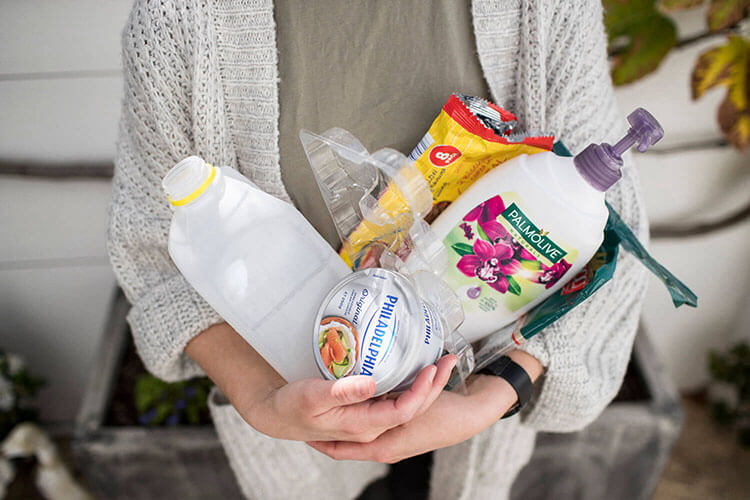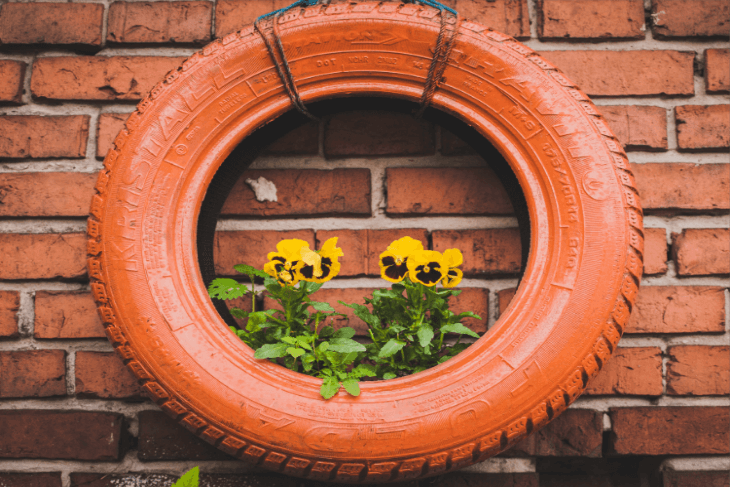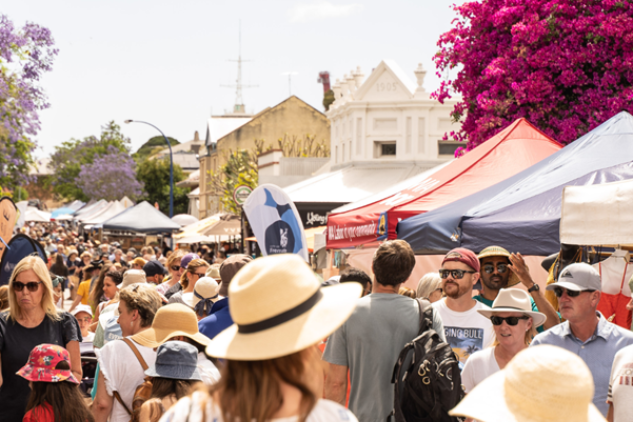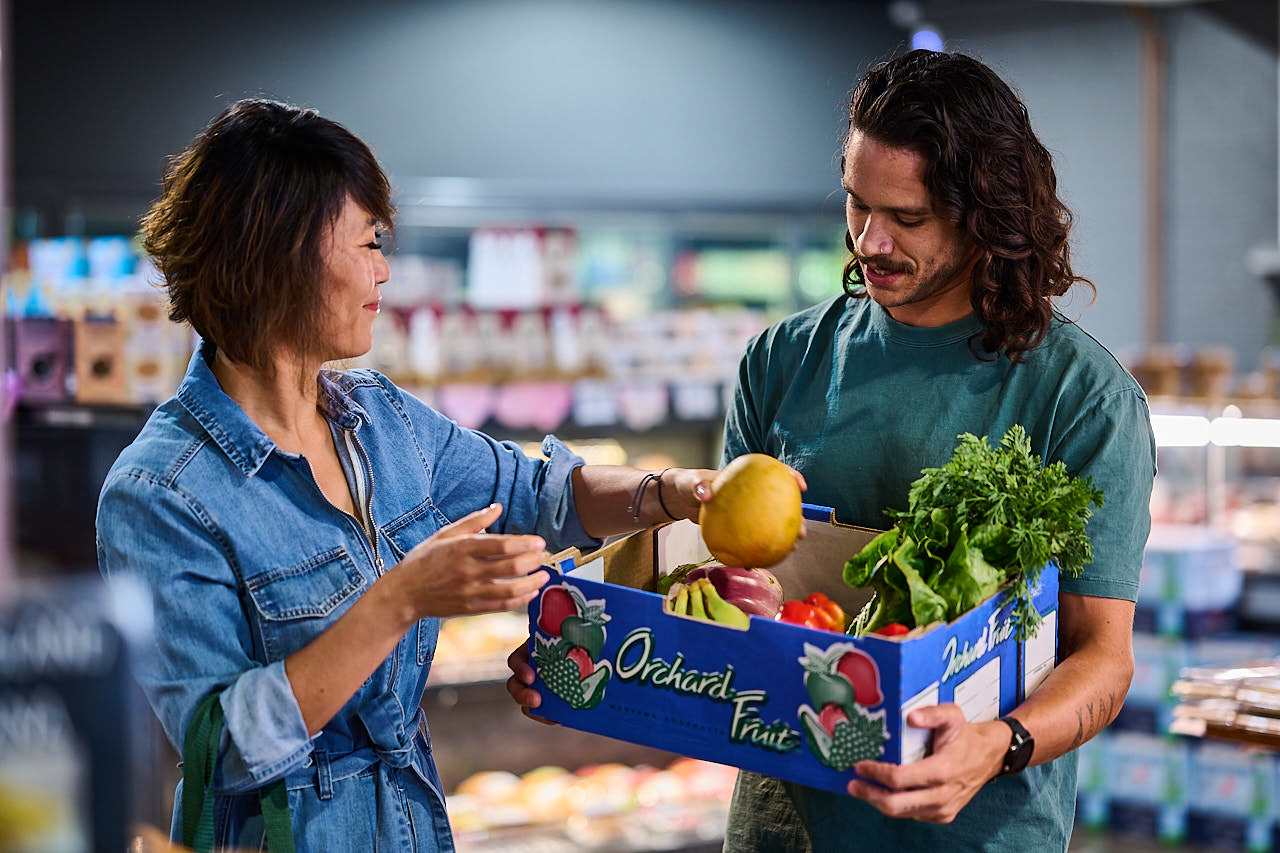
10 ways to reduce waste at home
Reducing the amount of waste we create in the first place is the key to collectively cutting landfill in Western Australia. Here's 10 ways to reduce your waste.
Posted on: July 13, 2020
Disclaimer: This blog reflects information accurate at the time of its original publication. It has been preserved for archival purposes and may not reflect the most up-to-date details or developments.
When you drop your plastic bottles, glass jars, newspapers and cans into your recycling bin or take old clothes to a charity shop, you know you are diverting all that waste from landfill.

And that industry is recycling these materials into reuseable products. You know the drill——glass is melted down and into new glass products or used as road base … plastic bottles are made into new plastic containers … paper is pulped to make new paper products or items like egg cartons …
But what you might not know is that there are some really innovative people out there who are taking our waste products and making them into not-so-obvious items for our homes.
LOOP Upcycling takes old uniforms and has them sewn into adorable teddy bears, i-Pad covers, make-up bags, pencil cases, gym bags, drawstring bags and sunglass cases. Not only does this divert a lot of material from landfill, but provides employment opportunities for disability groups and women’s shelters which get an income from sewing the products.
Established by two young men on the autism spectrum who were having difficulty finding employment, Really Useful Recyclers create stunning art out of recycled and unused newspapers collected in the community. Inspired by the duo’s two big passions, Disney Pixar’s Wall-e the Recycling Robot and Thomas the Tank Engine who is really useful, the enterprise provides the young men with an invaluable sense of purpose as they collect unsold and used newspapers each week from local businesses and recycle them (together with vintage comics and lifestyle magazines) into an ever-evolving range of sustainable paper art products, including WallArt, jewellery and decorative mirrors.
Having started out making re-useable shopping bags from single-use plastic bags, Onya Life now produce bread bags, bulk food bags, produce bags, doggy-doo bags, backpacks, coffee cups, sandwich wraps, bin liners, and stainless steel drink bottles. All products are 100% recyclable or made from recycled PET plastic.
Ryan Creed and Julian Mitchell co-founded Life Cykel in 2015 after discovering how to grow gourmet mushrooms from waste coffee grounds. The duo saw an opportunity to reduce waste and share their passion for home-grown food by collecting used coffee grounds from Fremantle cafes and using it as soil to grow gourmet oyster mushrooms. Today they sell a range of mushroom-based products including honey, drinks, coffees and grow-your-own kits.
Melbourne-based Who Gives a Crap makes toilet paper out of 100% recycled paper fibres, bamboo or sugarcane, saving water and trees, and reducing carbon emissions. They also donate 50% of their profits to water, sanitation, and hygiene (WASH) impact partners WaterAid to give access to clean water and build toilets for those in need.
Created by Sunshine Coast-based environmental marine scientist, Steph Gabriel, OceanZen turns plastic bottle and fishing net waste removed from the ocean into swimwear.

Reducing the amount of waste we create in the first place is the key to collectively cutting landfill in Western Australia. Here's 10 ways to reduce your waste.

16,000 GREAT sorts attended the East Fremantle George Street Festival last December with less than 40kg of waste sent to landfill.

Western Australia’s nation-leading Plan for Plastics is now in its third year.